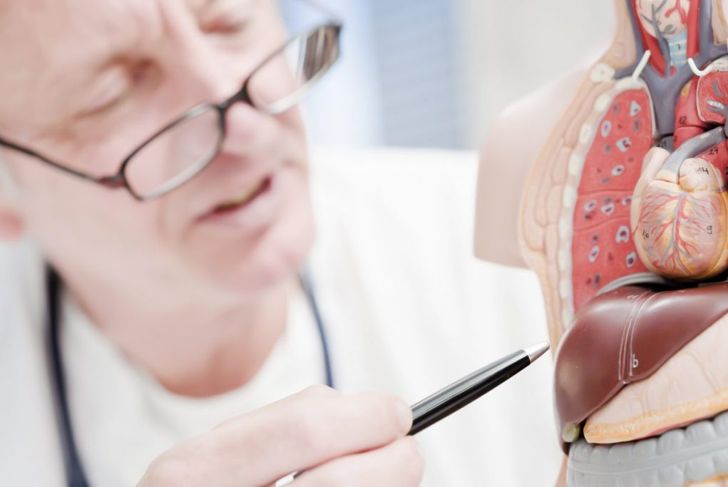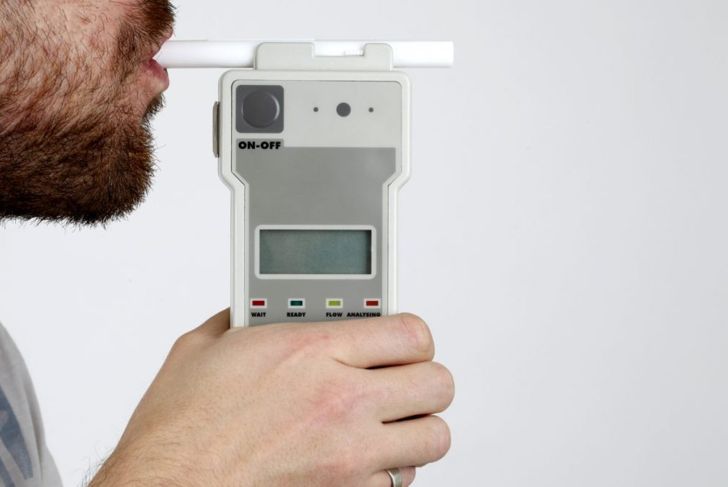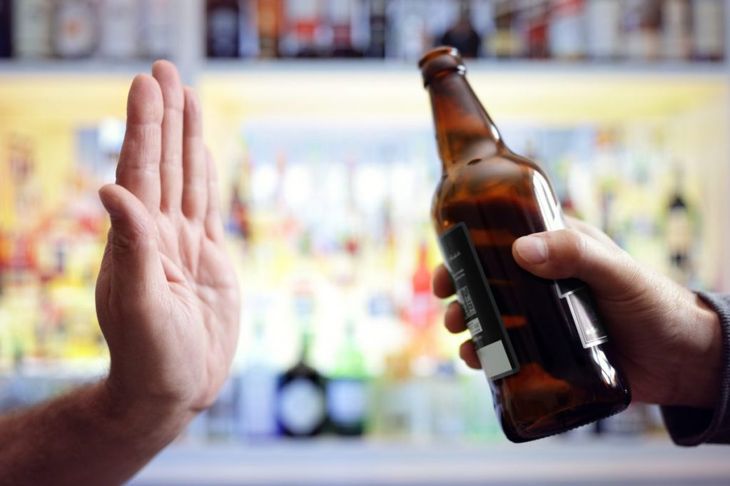Most adults enjoy a few drinks every now and again, but most have a limited understanding of how the body processes alcohol. While it may not matter much for occasional social drinkers, this confusion can cause problems for people who are planning to drink large amounts or engage in activities such as driving where impairment is illegal and dangerous. The amount of time alcohol stays in the body varies depending on many factors, but some guidelines hold true for most people.
Alcohol Absorption
When a person consumes an alcoholic drink, the alcohol enters the bloodstream immediately. Usually, about 20% is absorbed into the bloodstream before the beverage even reaches the stomach. The rest travels into the stomach and small intestine and is there absorbed into the blood. The bloodstream carries the alcohol to the brain, which is what causes symptoms of drunkenness.
How the Body Processes Alcohol
In addition to the brain, the bloodstream also carries the alcohol to the liver, the organ primarily responsible for breaking down the compound with special enzymes. In a healthy liver, this typically happens at a steady rate of about 20 milligrams per deciliter each hour. In practical terms, that means adults can usually process about one standard drink per hour. However, it is important to remember that many drinks contain more alcohol than the standard used for that calculation.
Speed of Alcohol Effects
Since alcohol is absorbed so easily into the bloodstream, most people feel the effects quite quickly, usually 15 to 45 minutes after consuming a drink. A variety of factors affect this time, such as the amount of food one ate beforehand or a high personal tolerance to alcohol.
Alcohol Detection
Three main types of tests can determine if a person has been drinking alcohol: breath, blood, and urine. Blood and urine tests are the most sensitive and can typically detect the presence of alcohol for around 24 to 48 hours after the last drink was consumed. More modern sensitive tests can detect it for up to 80 hours, but these are no longer common. Police and other officials use breath tests most often, due to their simplicity. Most breath tests can detect alcohol for no more than 24 hours after consumption. A hair test can identify alcohol consumption for about 90 days, though experts rarely require this information.
Metabolization of Alcohol
When people drink more alcohol than their bodies can process, they develop alcohol poisoning. Mild cases of alcohol poisoning cause vomiting, respiratory distress, and loss of consciousness. Even this stage is very dangerous and can be fatal if a person chokes on their vomit. As alcohol poisoning progresses, it can cause brain damage, seizures, dangerously low blood pressure, and cardiac arrest.
Helping the Body Process Alcohol
Many long-term drinkers swear by certain home remedies to help their bodies process alcohol faster, such as drinking coffee or taking a cold shower, but most of these are myths. Eating food before and while consuming alcohol can help reduce the effects, as the food decreases the amount of alcohol absorbed into the bloodstream through the lining of the stomach and small intestine. Drinking water also helps, as dehydration can cause the liver and other organs to work less efficiently. However, even with these strategies, the body can only process about an ounce of alcohol an hour.
What is BAC?
A person’s BAC or blood alcohol concentration is the amount of alcohol currently in their blood. The higher the concentration, the more intoxicated the person. Many people start showing signs of intoxication when their BAC reaches about 0.05%, although this depends on individual tolerance levels.
After You Stop Drinking
One common misconception is that a person’s BAC begins dropping as soon as they have their last drink. This may be true if the person has only one standard drink each hour, but many people consume more than this, especially at social events. When a person consumed multiple drinks in a short period, the BAC will continue to rise after drinking ceases, because the body is still absorbing alcohol faster than the liver can process it.
Factors That Affect Alcohol Metabolism
Not everyone processes alcohol the same way. Men tend to break down the substance slightly faster than women, and young people more quickly than older people. Pre-existing liver damage can also significantly impair the body’s ability to process alcohol, as can malnutrition and dehydration. Medications, ethnicity, and fitness levels can also affect the rate of alcohol metabolization.
Safe Amount of Alcohol
There is no standard amount of alcohol considered safe for everyone because so many factors are involved. In general, many experts recommend consuming no more than 14 standard units per week, and no more than three to four units in a single day. A “standard unit” is approximately 14 grams of pure alcohol, which constitutes 12 ounces of beer or 5 ounces of wine. Consuming too much alcohol consistently can lead to an increased risk of cancer, heart disease, stroke, and other serious conditions.

 Home
Home Health
Health Diet & Nutrition
Diet & Nutrition Living Well
Living Well More
More




















